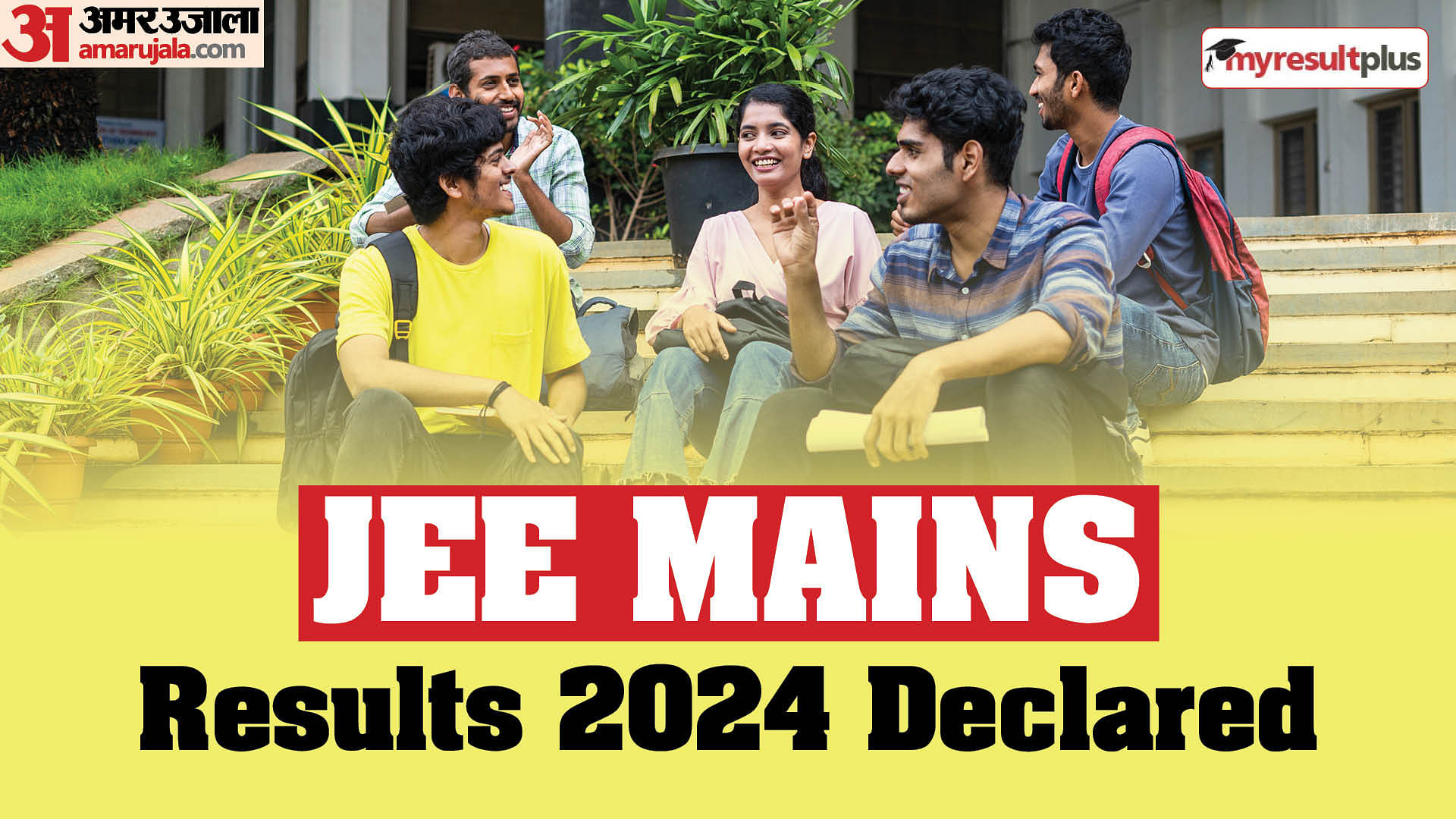
Books
- PC : Pinterest
An illustrated book seeks to address the problem of visual impairment due to refractive error in children and is available in English and six other Indian languages.
The book titled "The Singing Tree" is being distributed to 75,000 children free of cost to spread awareness on visual impairment and its easy identification and treatment.
The story of "The Singing Tree" is inspired by author Kenneth Youngstein's personal experiences as a child. The book talks about a little girl who cannot see the birds due to impaired vision and assumes that the beautiful songs she hears are sung by the tree under which she spent her time.
The book, brought out by NGO Orbis India and Room to Read and having illustrations by Bookworks India, also touches upon the feelings of isolation and rejection that a child with impaired vision, or any disability, may experience.
It ends on a positive note where, with a simple pair of spectacles, the girl's vision is improved and things that held her apart are no longer a barrier to a full life.
Orbis India has adapted "The Singing Tree" as part of its programme to reach over 3 million school children, screen and treat them for refractive error.
Youngstein, who has developed health education programmes for professionals and patients throughout the world, says the story line is taken from his own life.
"I started wearing spectacles when I was five-years-old, and about to begin school. My mother often told me how, when I left the optician with new spectacles, I looked up in the sky and shouted: Mommy, look... birds," Youngstein tells PTI.
The rest of the story follows his experience and knowledge of the challenges faced by children with reduced vision, including social isolation, difficulty with common tasks and fear of ridicule by peers, he says.
"The Singing Tree" was first produced for Africa, using local illustrators and was published in three countries and seven languages.
In India, the book has been released in seven languages: English, Hindi, Kannada, Malayalam, Marathi, Tamil and Bengali.
Youngstein says "The Singing Tree" is a tool, to help educate children, their parents and their teachers that poor vision is a problem that must be corrected if they want their children to reach their full potential in life.
He says in India, 9.3 million children are visually impaired and 270,000 of them are blind.
"Fortunately, 80 per cent of the blindness in adults and 50 per cent of blindness in children is avoidable. Still, India is home to the largest number of blind children in any one country and contributes to 20 per cent of the world's blind population," he says.
The correction will require a huge effort, working on many levels and using a range of communication channels, says Youngstein.
"The government and healthcare systems must recognise the importance of eye health and the impact of poor vision on the lives of individuals and the overall economy. A small investment, early on, can result in productive adults," he suggests.
"The educational system must recognise that detecting vision problems in children should be an integrated part of their mandate. Parents must recognise vision problems in their children, understand that it is important to correct these problems quickly, and know to access appropriate care," he adds.









